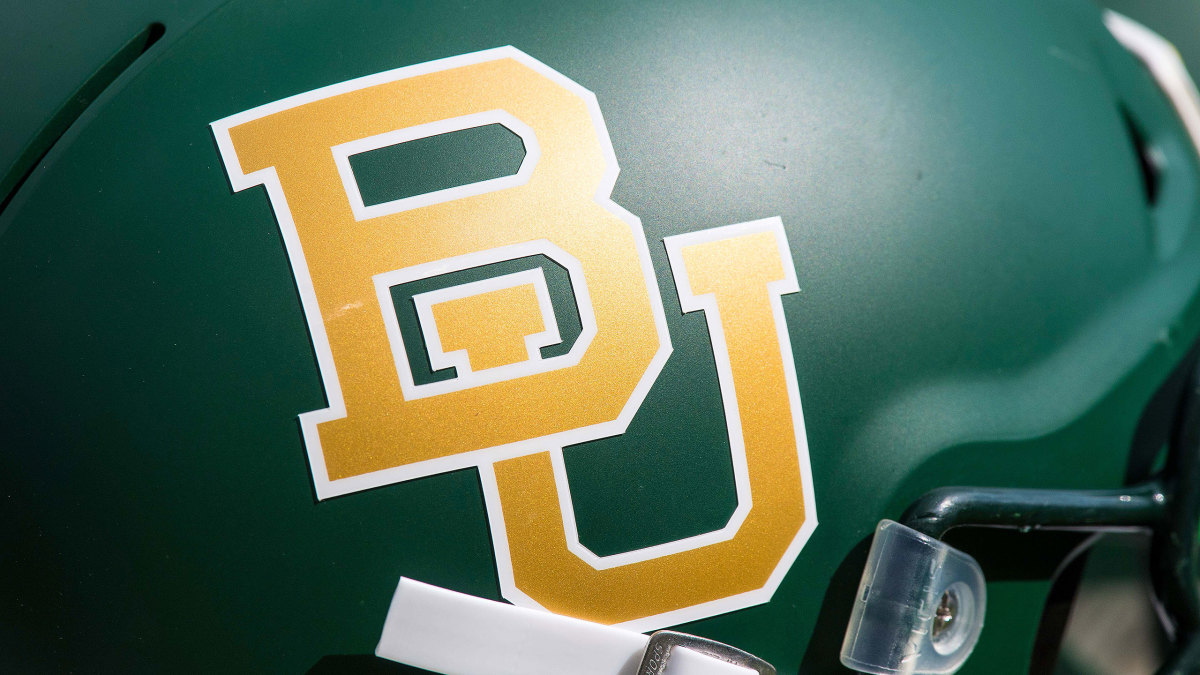Sources: Baylor Debriefed Football Coaching Candidates on NCAA Investigation


The NCAA’s long and winding investigation of Baylor football dating to the Art Briles Era is heading toward a conclusion. Parties on all sides are waiting for a hearing date to be scheduled before the Committee on Infractions, multiple sources told Sports Illustrated.
The ongoing investigation generated some notable transparency by the school during its search last month to replace coach Matt Rhule: candidates who interviewed for the job were shown a document from Baylor’s outside counsel, Bond, Schoeneck & King, that outlined the general parameters of the NCAA’s Notice of Allegations, sources said. Coaches who went through the interview process were given a preview of what they could be getting into, depending on the outcome of the case.
Whether the contents of the NOA scared off any candidates is unclear. Baylor hired former LSU defensive coordinator Dave Aranda on Jan. 16 and gave him a six-year contract, the longest deal of any Power 5 conference hire this cycle for someone who had not previously been a head coach. Other candidates for the job included Virginia Tech’s Justin Fuente, Louisiana-Lafayette’s Billy Napier and in-house candidate Joey McGuire, who had been an assistant to Rhule. Fuente and Napier both announced they were staying at their schools before Baylor hired Aranda.
The exact nature of the allegations are not known—the school has not released the NOA, citing its confidentiality agreement with the NCAA, and declined comment to SI Friday. The NCAA also declined comment, citing its policy regarding current, pending or potential investigations. The investigation sprang from the sexual-assault scandal and institutional Title IX failings that led to Briles’ firing in 2015.
The case against Baylor is major, sources said. Some of the allegations are under dispute by the school. Regardless of the ruling, the case is likely to come to a controversial ending.
The issues start with the timeline. Aranda is now Baylor’s third coach since Briles was fired after a spate of sexual-assault allegations against his players. The original NOA was sent to the school in late 2018 and the school made its response to the allegations in early 2019, but the case has bogged down since then. If and when sanctions are applied—presumably sometime in 2020—anyone who had involvement in the violations will be many years removed from the school. Timely investigations and resolutions have been made a priority by the association, but this case goes against that trend.
Secondly, the backdrop of sexual violence and attempts by the NCAA to legislate that area is problematic. For years, the NCAA membership has wrestled with whether to implement bylaws regarding sexual assault by athletes, whether it is penalties or limiting enrollment and transfers of players accused or convicted of those crimes.
Cases that have come with a moral element have long been tricky ones for the NCAA. From Penn State’s Sandusky scandal to a Miami case laden with details involving adult entertainers to a Louisville basketball case that revolved completely around strippers and prostitutes, outcomes have often been met with strong criticism.
What happened at Baylor beyond the NCAA rules manual will color perceptions of the outcome, with a legion of outspoken critics likely to be heard no matter the outcome. Some will say the NCAA overreached; others will say it didn’t go far enough and the school got off lightly.
This could be a no-win resolution for the NCAA. But at least that resolution is getting closer.
